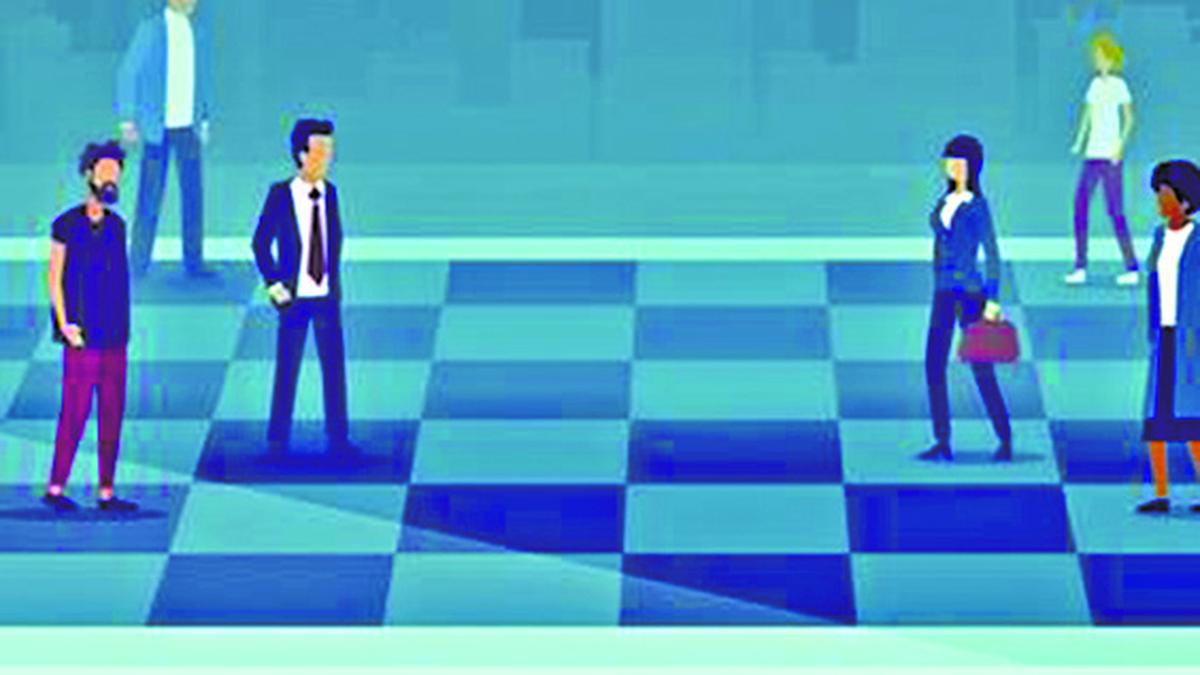
U.N. commission calls for closing the gender digital divide
The Hindu
It also called for the removal of barriers to equal access to digital technology for all women and girls, and new policies and programs to achieve gender parity in emerging scientific and technological fields
The U.N.’s premiere global body fighting for gender equality on Saturday called for wide-ranging efforts to close the gap between men and women in today’s technology-driven world and urged zero tolerance for gender-based violence and harassment online.
In a document approved by consensus after all-night negotiations at the end of a two-week meeting, the Commission on the Status of Women expressed grave concern at the interrelation between offline and online violence, harassment, and discrimination against women and girls— and it condemned the increase in these acts.
It called for a significant increase in investments by the public and private sectors to bridge the gender digital divide. It also called for the removal of barriers to equal access to digital technology for all women and girls, and new policies and programs to achieve gender parity in emerging scientific and technological fields.
Sima Bahous, executive director of U.N. Women, an entity of the United Nations focusing on gender equality and empowerment, called the document “game-changing” in promoting a blueprint for a more equal and connected world for women and girls. The challenge now, she said, is for governments, the private sector, civil society, and young people to turn the blueprint “into reality for all women and girls.”
At the start of the commission’s two-week meeting, U.N. Secretary-General Antonio Guterres said its focus was very timely because women and girls are being left behind as technology races ahead.
“Three billion people are still unconnected to the internet, the majority of them women and girls in developing countries, (and) in the least developed countries just 19% of women are online,” Mr. Guterres said. “Globally, girls and women make up just one-third of students in science, technology, engineering and mathematics” and men outnumber women two to one in the tech industry.
Ms. Bahous told the opening meeting that “the digital divide has become the new face of gender inequality,” with 259 million more men than women online last year. She also cited a survey of female journalists from 125 countries that found three-quarters had experienced online harassment in the course of their work and a third had engaged in self-censorship in response.





















 Run 3 Space | Play Space Running Game
Run 3 Space | Play Space Running Game Traffic Jam 3D | Online Racing Game
Traffic Jam 3D | Online Racing Game Duck Hunt | Play Old Classic Game
Duck Hunt | Play Old Classic Game











